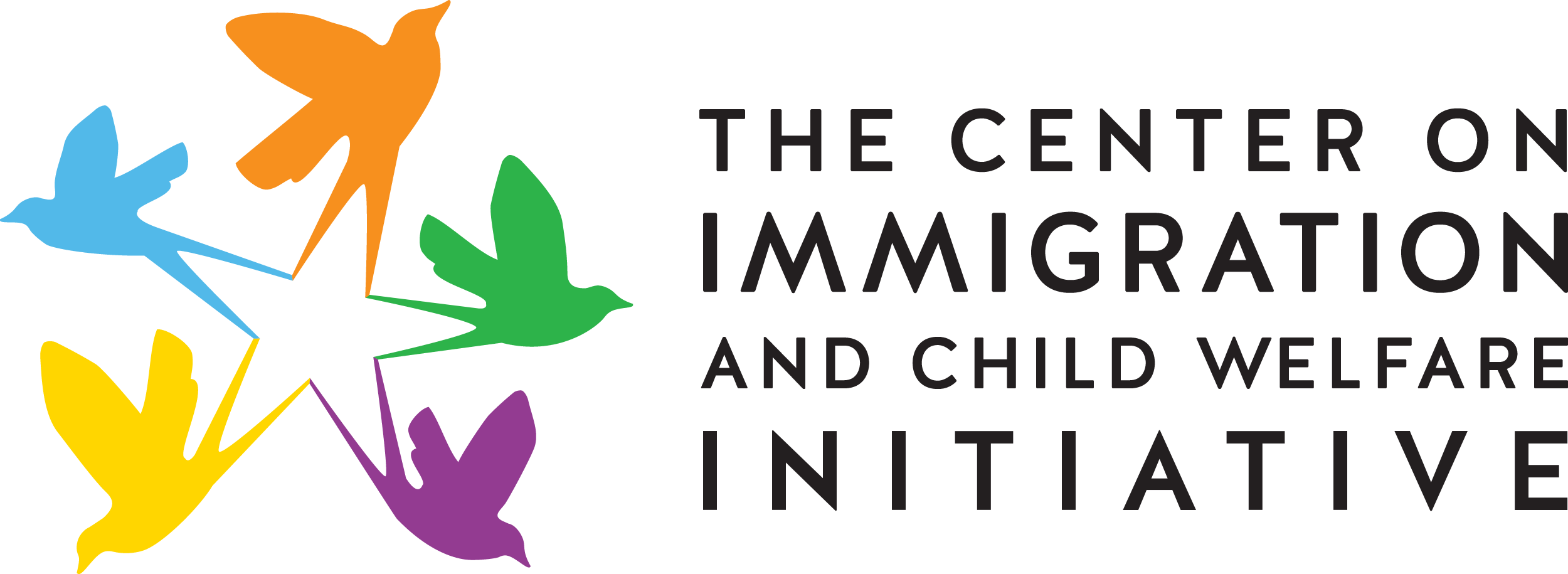Inclusive Practice with Immigrant Families: A Guide for Service Organizations and Practitioners
Anayeli Lopez, Megan Finno-Velasquez, and Sophia Sepp; Center on Immigration and Child Welfare (December 2022)
This guide draws from the findings of the Strengthening Border Families study to provide recommendations for service organizations and practitioners on policies and practices to increase inclusivity of immigrant families and their unique needs and experiences.

